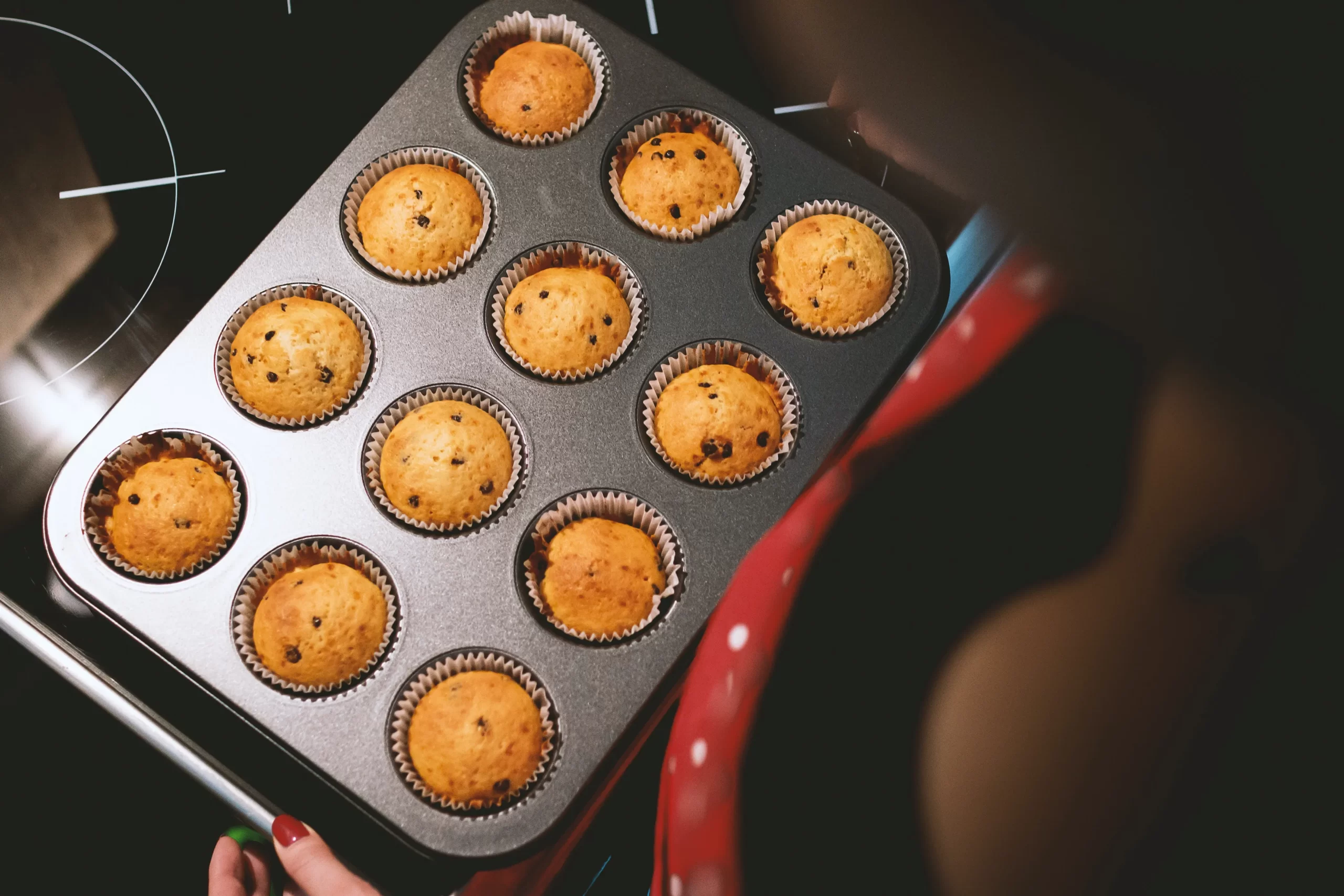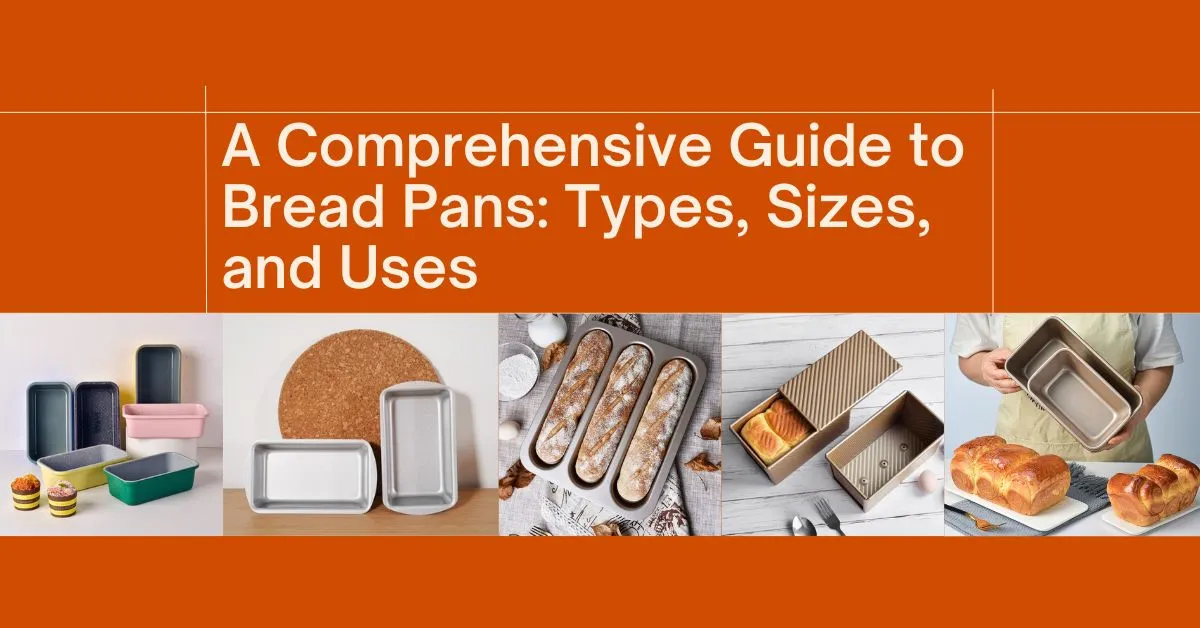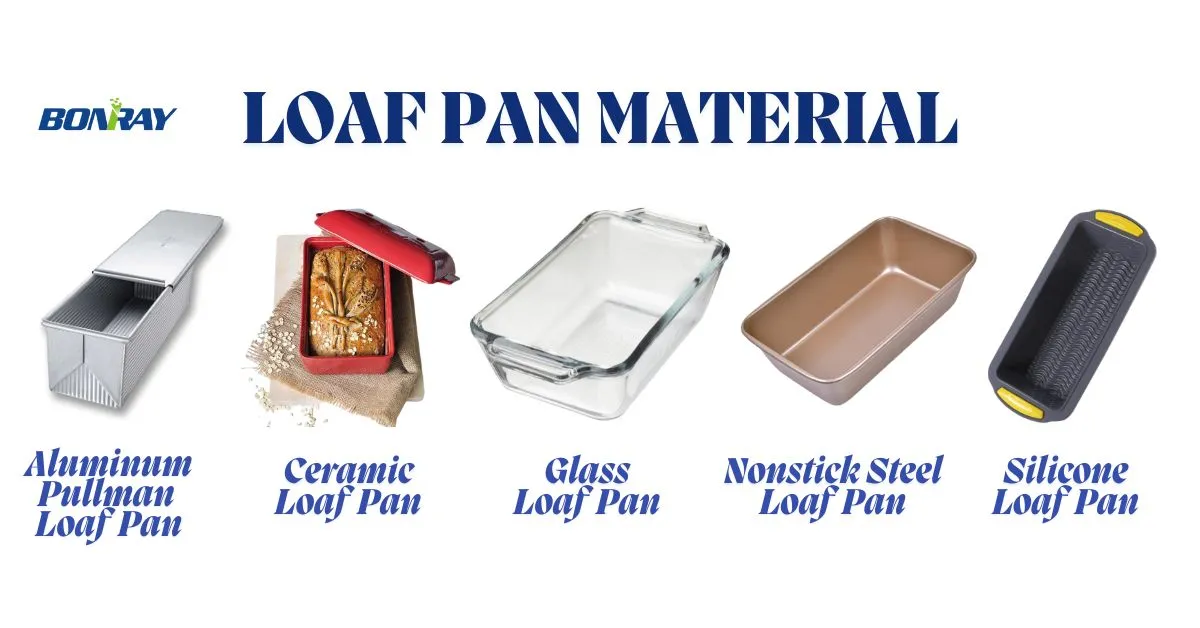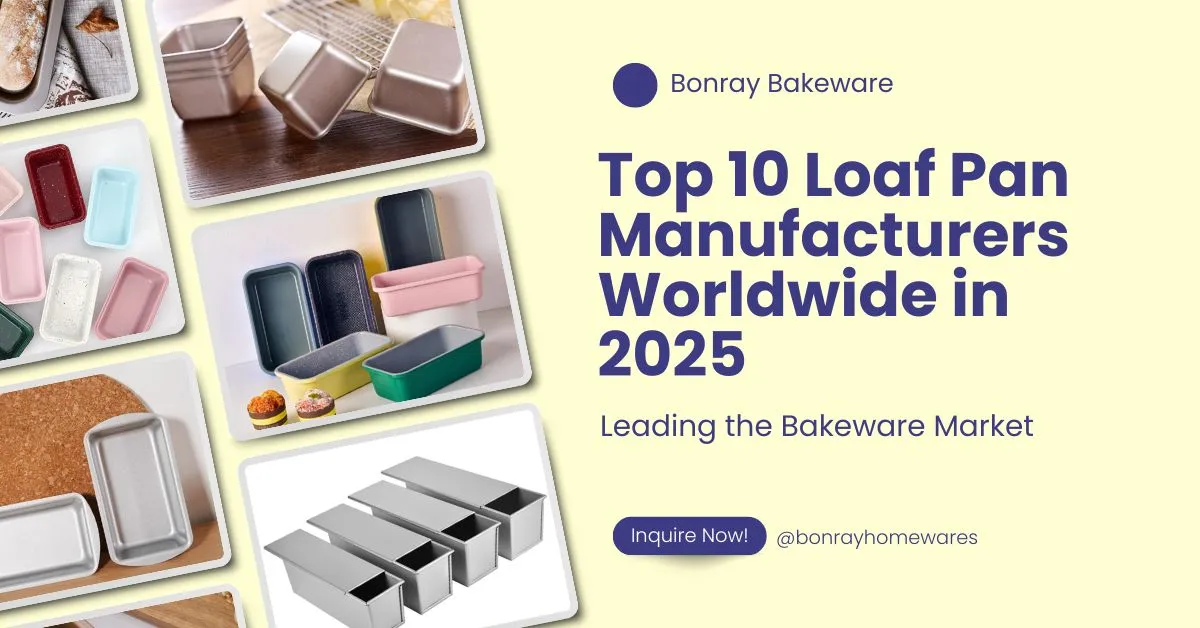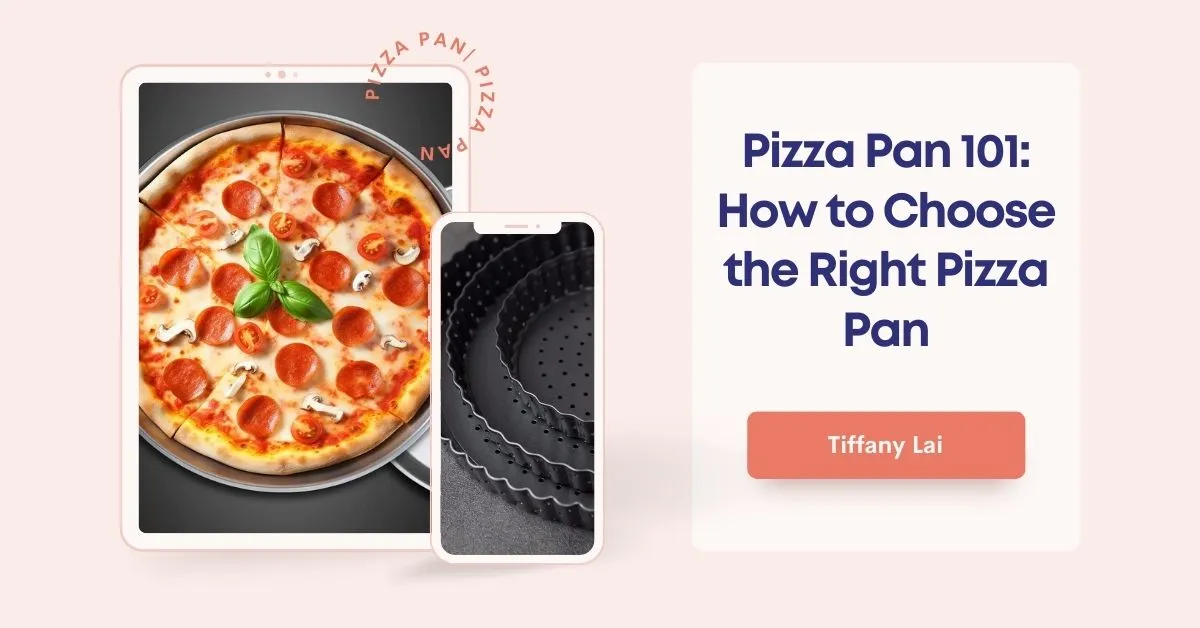What Factors Matter Most When Choosing the Perfect Metal Baking Pan? Don’t Miss These Tips!
Have you ever wondered why your baking results can be so different from one pan to another? Are you tired of having your baked goods stick to the pan or cook unevenly? What should you look for in a high-quality metal baking pan?
The key to choosing the perfect metal baking pan lies in considering the material, size, shape, coating, and heat conductivity. Keep reading to find out how each of these factors contributes to your baking success! This guideline will be not only helpful for consumers but also for brand owners as b2b buyers, in which way you should know how to ensure your end customers’ good experience when baking and do the right purchasing decision.
What materials are best for metal baking pans and why?
- Aluminum: Aluminum pans are lightweight, affordable, and conduct heat very well, leading to even cooking. However, they can be prone to warping at high temperatures and can react with acidic or alkaline foods, which might alter the taste of the food.

- Stainless Steel: Stainless steel pans are durable, resistant to corrosion, and non-reactive with acidic or alkaline foods. However, they do not conduct heat as well as aluminum or aluminized steel, which may result in uneven cooking or hot spots. Some stainless steel pans have an aluminum or copper core to improve heat distribution.

- Carbon Steel: Carbon steel pans are known for their excellent heat conductivity and even baking, as well as their ability to develop a non-stick surface over time with proper seasoning. They are prone to rust if not properly cared for, and they can react with acidic foods.

- Cast Iron: Cast iron pans have excellent heat retention and even heat distribution, making them ideal for slow, even baking. They require proper seasoning and maintenance to develop a non-stick surface and prevent rust. Cast iron pans are heavy and can be more difficult to handle compared to other materials.

How do size and shape affect the baking process?
When it comes to size and shape, it’s essential to consider the type of baked goods you’ll be making. The ideal pan size will allow for even heat distribution and adequate space for the batter to expand as it bakes. For example, a round cake pan is perfect for layer cakes, while a rectangular pan works well for sheet cakes and brownies. Choose a pan with straight edges for precise edges on your baked goods, and consider a pan with a removable bottom for easy release of delicate pastries.
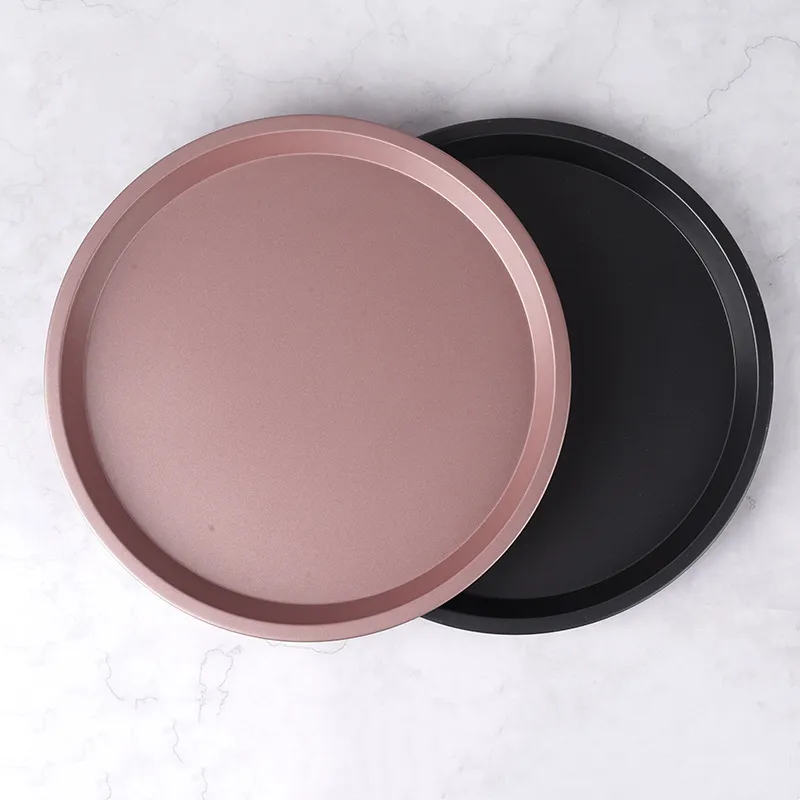



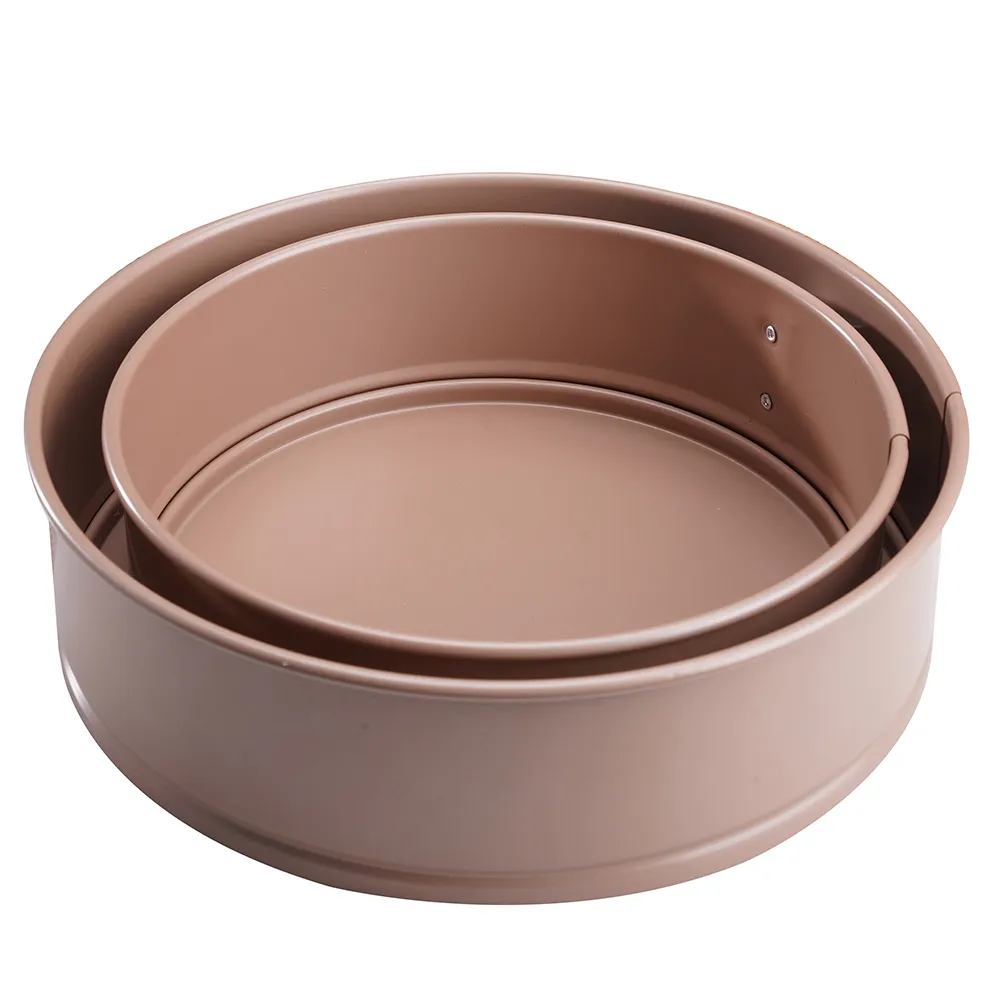

Here are some ways in which size and shape can impact the baking process:
- Surface area: A larger surface area exposes more of the food to heat, which can cause it to cook faster and potentially dry out more easily. Conversely, a smaller surface area can cause food to cook more slowly and retain more moisture.
- Depth: The depth of the pan can also affect cooking time and moisture retention. A deeper pan can cause the food to cook more slowly, especially in the center, while a shallower pan can lead to faster cooking and a potentially crispier exterior.
- Heat distribution: Different shapes can result in varying heat distribution throughout the pan. Round and oval pans tend to have more even heat distribution, while square or rectangular pans can have hot spots in the corners, leading to uneven cooking.
- Volume: Using a pan that is too small for the recipe can cause the batter or dough to overflow while using a pan that is too large can lead to thin, overcooked baked goods. It’s important to use a pan with the appropriate volume for your recipe.
What are the benefits of non-stick coatings?
Non-stick coatings provide a barrier between the pan’s surface and your baked goods, preventing them from sticking and allowing for easy release. They also make cleaning easy. Look for a high-quality non-stick coating, as cheaper options may wear down over time and release toxic fumes at high temperatures.

Here are the advantages of non-stick coatings:
- Easy release & Protects delicate baked foods: Non-stick coatings prevent baked goods from sticking to the surface of the bakeware, ensuring they maintain their shape and appearance when removed from the pan. This is particularly helpful for delicate items like cakes, muffins, and cookies.
- Reduced use of grease or parchment paper: With non-stick bakeware, there’s often no need to use additional grease or parchment paper to prevent sticking. This can save time and make for a cleaner baking process, as well as reduce waste.
- Even baking and browning: Non-stick metal bakeware typically provides even heat distribution, which helps ensure consistent baking and browning of your baked goods.
- Easy cleanup: Non-stick surfaces make cleaning bakeware easier since food particles and residue are less likely to adhere to the pan. This can save time and effort during cleanup and help prolong the life of your bakeware.
- Scratch resistance: High-quality non-stick coatings on metal bakeware can be resistant to scratches and other minor damage, which helps maintain the integrity of the non-stick surface.
How does heat conductivity affect baking results?
As mentioned earlier, heat conductivity plays a vital role in achieving evenly baked goods. Materials with high heat conductivity, like aluminum and carbon steel, ensure that heat is distributed evenly across the pan’s surface, preventing uneven browning.
How can Bonray help you choose the perfect metal baking pan?
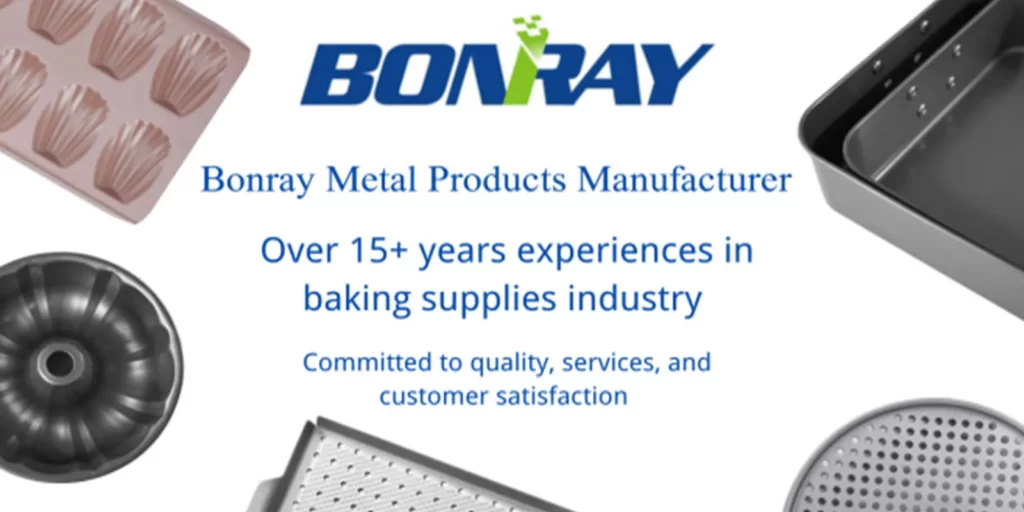
As a successful B2B factory specializing in metal bakeware, Bonray offers a comprehensive product line and strong supply chain to meet the needs of various clients, including wholesalers, retailers, and brand owners. Our extensive experience and professional technical capabilities in product manufacturing and design ensure that you receive high-quality metal baking products tailored to your requirements.
At Bonray, we understand the needs of our diverse clientele and prioritize excellent customer service. By working closely with our clients, we can help guide you in selecting the perfect metal baking pan for your specific needs and even provide marketing advice for your products.
Conclusion
Choosing the perfect metal baking pan may seem overwhelming, but by considering factors like material, size, shape, coating, and heat conductivity, you can make an informed decision that will lead to consistently delicious baked goods. Remember to also care for and maintain your pans properly to extend their lifespan and ensure the best possible baking results.
Don’t miss the opportunity to partner with Bonray and benefit from our high-quality metal baking products, professional technical capabilities, and exceptional customer service. By choosing Bonray as your supplier, you’ll be equipped with the perfect metal baking pans to impress your clients and grow your business.

